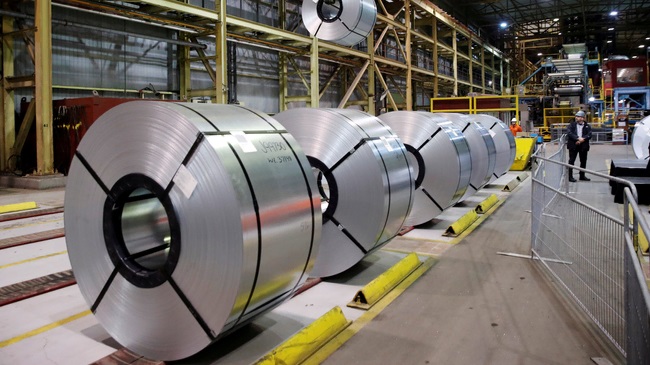South Africa has not been spared the global trend of steel shortages created by the coronavirus pandemic. Over the past year, supply chain interruptions were compounded by the quick and necessary national lockdown restrictions.
Local distributors and service centres increased their orders for imported steel, during the second half of 2020. This helped to alleviate the initial shortages. Recently, however, third country material has become increasingly difficult to obtain.
Mills, worldwide, are turning their attention towards supplying material in their domestic markets. Moreover, China’s appetite for steel remains insatiable. As a consequence, South African buyers are faced with reduced import opportunities.
The shortage of steel, globally, has pushed prices to record high levels. Importers of steel in South Africa have not been immune to this trend. Surging prices for steel, in conjunction with elevated freight costs, have reduced the competitiveness of imported material.
In the first lockdown, ArcelorMittal was forced to close its various steel-producing facilities. More than a year later, the consequences are still evident and have created a challenging environment for the South African steel sector.
A number of other factors are heightening concern amongst local market participants. These include the existing import and safeguard duties, the closure of Saldanha Steel, a shortage of new capital projects and a lack of finance injected into the economic framework. The recent State of the Nation address by President Cyril Ramaphosa, which placed emphasis on economic recovery and new job creation, is hoped to alleviate some of the worries surrounding future growth.
Domestic prices reach record highs
In April, prices reached new record high levels for hot rolled products. This trend is expected to continue, in the short term.
Supply of hot rolled thin gauge coil is particularly challenging and compounded by the current absence of Duferco from the domestic market. Meanwhile, the production of heavy structural sections is restricted by a shortage of feedstock.
ArcelorMittal continues to address the problem of order backlogs at its plants, for all product groups. Moreover, the expansion of mini-mills is helping to alleviate the scarcity, in the long products segment.
Steel demand from the automotive and white goods sectors remains strong. Activity in the mining, energy and transportation industries shows improvement. The construction segment has softened, but the rollout of the government’s infrastructure spend is eagerly awaited.
The IHS Markit South Africa PMI improved marginally in March, from 50.2 to 50.3. This indicates a slow rate of expansion. The inflow of new business declined, and job redundancies continued. However, the announcement by Ford SA to increase output at its Silverton plant has come as welcome news for the local economy.
Coal still rules in South Africa despite progress in renewables
Morocco plans construction of Laayoune bridge

